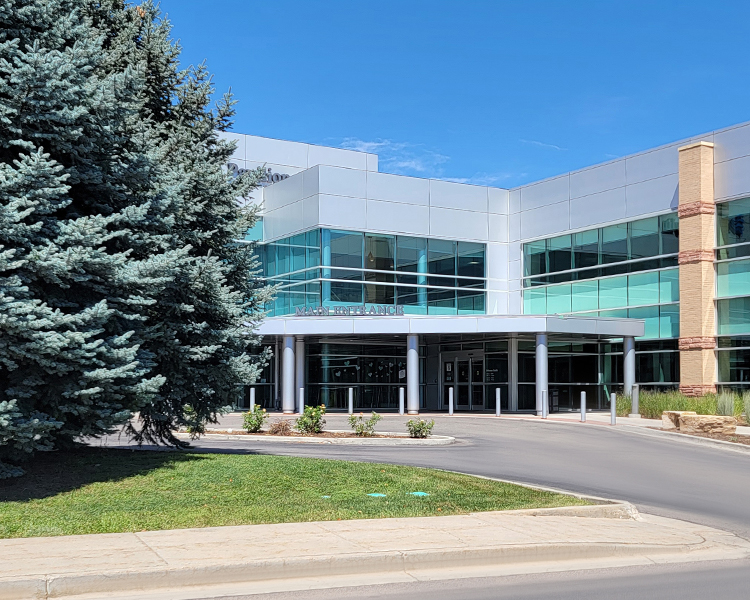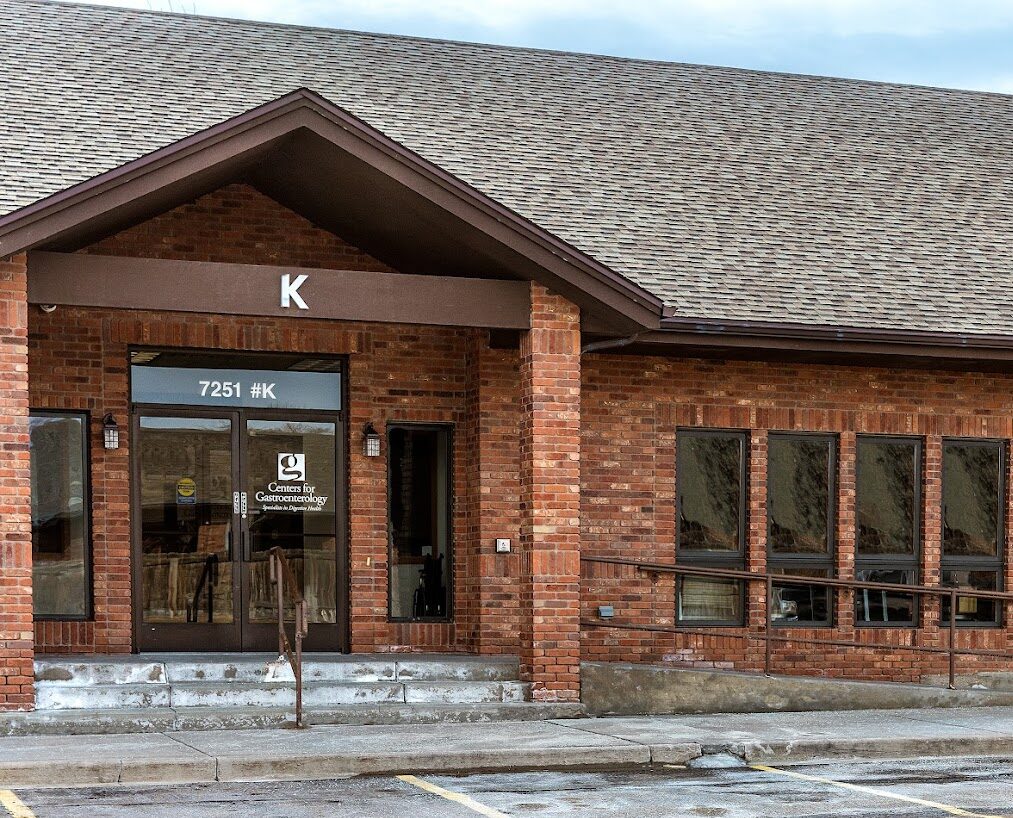Patient Forms
LEARN MOREInsurance & Billing
Insurance and Billing Process Overview It is your responsibility to confirm your insurance benefits with your insurance plan(s) prior to your clinic visit or…
LEARN MOREProcedures & Prep
Some patients will require an individualized endoscopy preparation, which is not listed on this website. If you have questions regarding this prep, please refer…
LEARN MOREColonoscopy Prep
LEARN MOREFAQs
Most Commonly Asked Questions Why do I have to fill out new paperwork every time I come in? Our providers need to have the…
LEARN MORESupport Groups & Resources
We love to provide communities for our patients experiencing various gastrointestinal issues and diseases. Living with a chronic illness is not easy, but knowing…
LEARN MOREContact Us Today to Schedule Your Appointment
Centers for Gastroenterology is devoted to providing professional and compassionate digestive care to patients of all ages. Using cutting-edge and innovative treatment and screening techniques, you can rest assured that you are in good hands. Our team of skilled providers has the knowledge and expertise to help you achieve optimal health.





